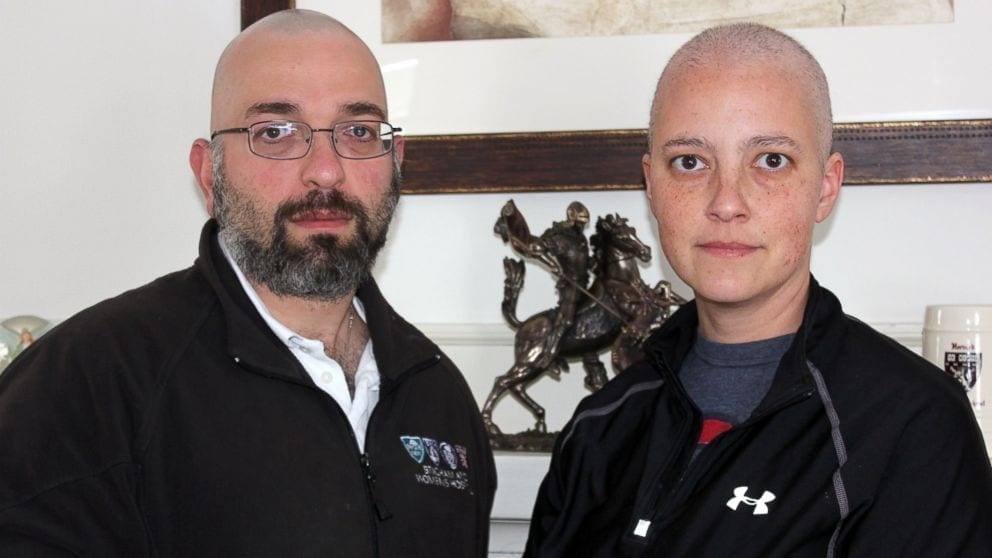5/29/2015
Despite the ongoing FBI investigation of Johnson & Johnson’s manufacturing division, Ethicon, and a strong Food and Drug Administration (FDA) warning issued last year, power morcellators are still legal. The device grinds up tissue mass, and is then removed through a series of small incisions. The device, which is used to provide minimally invasive hysterectomies, has been suspected of spreading potentially cancerous tissue into other parts of the body. The FDA warned last year that 1 of every 350 women undergoing certain procedures using the device could have an undiagnosed sarcoma which could be potentially spread. Power morcellators have been used about 60,000 procedures annually over the past decade, and despite Johnson & Johnson pulling their product off of the market last year, other companies continue to manufacture the device. In November of last year, the FDA mandated a “black box” warning, the strongest the agency issues, for the devices remaining manufactures. Additionally, many insurance providers have either banned use of the device or have placed strong restrictions on it, and members of congress have gotten involved in the issue, demanding that the FDA ban the device.

Photo courtesy of Hooman Noorchashm, ABC News-Good Morning America
The FBI investigation revolves around whether or not Johnson & Johnson representatives knew, and for how long they knew that power morcellators could potentially spread cancerous cells. Questions revolving the device’s dangers began back in 2006, when Pennsylvania pathologist, Dr. Robert Lamparter, alerted Johnson & Johnson that the device “may lead to dissemination of malignant tissue.” The FBI interviewed Dr. Lamparter as part of its investigation, along with Pennsylvania anesthesiologist, Amy Reed, and her thoracic surgeon husband, Hooman Noorchashm. Reed, diagnosed with abdominal cancer after undergoing a hysterectomy using the device, and her husband have been heavily involved in advocating against its use. The FBI has also been working with a California physician assistant, Sarah Robinson, who previously testified before an FDA panel, and submitted 386 names to the FBI of patients who might have been affected the device’s use.
Along with many hospitals and physicians, much of the insurance industry has also turned its back on power morcellators. Highmark Blue Cross/Blue Shield became the first major insurer to announce the company will no longer cover the use of the device in August, 2014, citing the FDA’s warning in April of last year. In February, 2015, the nation’s largest insurer, Unitedhealth group, announced that doctors must receive permission from the insurer to use the device, only permitting its use if the procedure is “medically necessary.” The insurer said it based the restriction on a recommendation from the American Congress of Obstetricians and Gynecologists (ACOG). Earlier this month, Aetna also severely restricted use of the device, also citing both the FDA and ACOG warnings. Similar to Unitedhealth, Aetna will allow exceptions in patients in whom standard procedures may result in injury or death, or for premenopausal women who are trying to keep their fertility. It is possible that exceptional procedures like those mentioned may be a primary reason the devices have not been banned outright.
Even in light of the rare occasions where the benefits of the device’s use may outweigh the risks, there is a significant push to urge the FDA to ban the device. Reed and Noorchashm’s efforts have not gone unrecognized, as they garnered the support of the health insurance industry’s largest trade group, America’s Health Insurance Plans (AHIP), as well as support in both houses of congress. New York Democratic Senators Charles Schumer and Kirsten Gillibrand sent letters to FDA Commissioner, Margaret Hamburg in 2014 urging her to ban the device prior to the November “black box” mandate. Noorchashm’s response to that decision was, “we lost.” By May of this year however, support has grown again in congress as Senator Robert Casey (D-PA) and Representative Michael Fitzpatrick (R-PA) both sent letters to Commissioner Hamburg urging reconsideration of an outright ban. Fitzpatrick’s letter was especially pointed, saying “The avoidable nature of this potentially deadly hazard and unwillingness of industry advocates and many gynecologists to abandon this practice may have caused the unnecessary or premature deaths of many hundreds (if not thousands) of American women for over two decades.” For their efforts, Reed and Noorchashm were awarded the National Center for Health Research Health Policy Heroes award earlier in the month. It remains to be seen, however, if the couple will achieve its bigger goal, the elimination of power morcellators from the medical device market.
Sources:
Democrat and Chronicle – Patti Singer
Injury Lawyer News – Jacky Gale
Medscape – Robert Lowes
Pittsburgh Business Times – Kris B. Mamula
Wall Street Journal – Jennifer Levitz


Join the conversation!